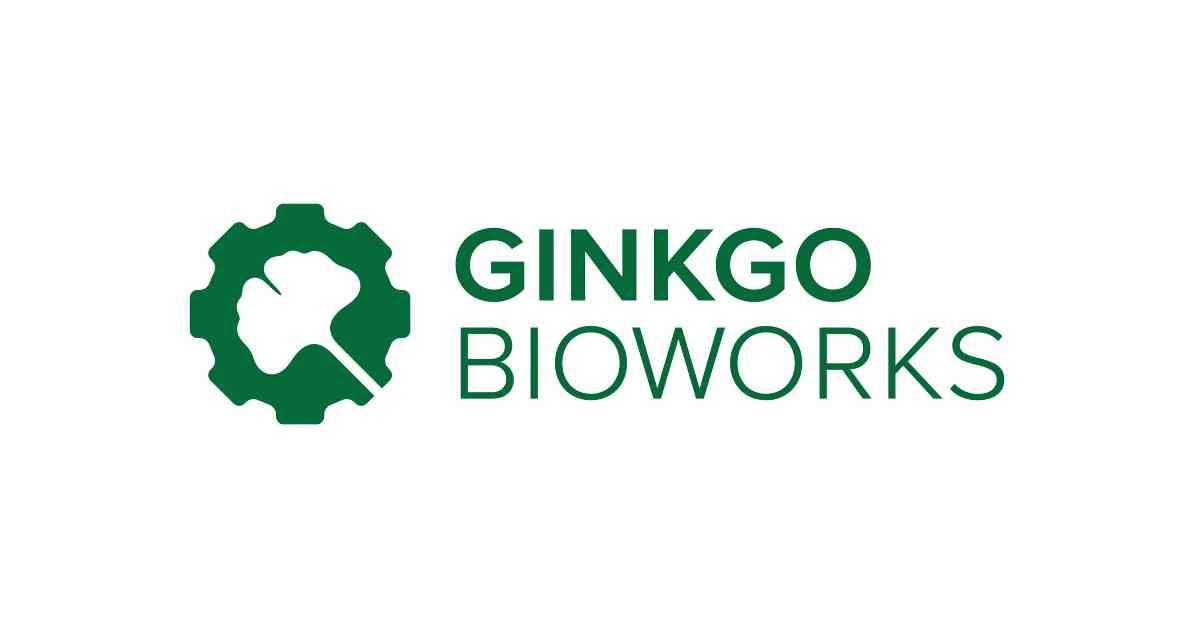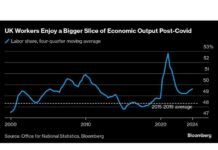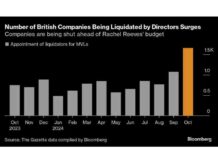Ginkgo Bioworks, a leading platform for cell programming and biosecurity, recently released its financial report for the second quarter of 2024. The company reported total revenue of $56 million for the quarter, down from $81 million in the same period last year. This decrease was primarily attributed to the expected decline in K-12 testing in Ginkgo’s Biosecurity segment.
Cell Engineering revenue for the second quarter was $36 million, a 20% decrease from the prior year. This drop was driven by a decline in revenue from early-stage customers, partially offset by growth from large/enterprise customers. Biosecurity revenue for the quarter was $20 million with a gross profit margin of 41%.
The company reported a loss from operations of $(223) million for the quarter, inclusive of stock-based compensation expenses of $38 million and M&A and restructuring-related costs of $72 million. This was compared to a loss from operations of $(184) million in the same period last year.
Ginkgo also announced that it had commenced a reduction in force impacting 35% of its workforce in June. This restructuring process is expected to achieve over $85 million in annualized cost savings by mid-2025. Additionally, the company is implementing significant non-people cost-cutting measures, including rationalizing third-party costs and site consolidation.
In terms of business highlights, Ginkgo worked to close deals as its new commercial terms gained traction. The company added 18 new programs and customer contracts to its Cell Engineering platform in the second quarter, with 10 comparable in size and scope to historically reported New Programs. Ginkgo also signed its first LDaaS deals with a large-cap tech company in protein characterization and delivered on a major technical milestone for a large pharmaceutical customer.
Furthermore, Ginkgo announced a collaboration with Syngenta Crop Protection aimed at accelerating the launch of a new biological solution. The collaboration will focus on developing and optimizing a microbial strain to meet the productivity targets of a secondary metabolite from the Syngenta Biologicals pipeline.
On the biosecurity front, Ginkgo continues to work towards creating solutions that offer persistent, pervasive monitoring. The company introduced a proposed Genomic Analysis Program to address the threat of H5N1, integrating novel capabilities to generate genomic analysis of the virus.
Looking ahead, Ginkgo reaffirms its total revenue guidance of $170-$190 million for the full year 2024. The company expects Cell Engineering services revenue to be in the range of $120-$140 million and Biosecurity revenue of at least $50 million for the year.
In conclusion, Ginkgo Bioworks’ second-quarter financial report highlights its strategic positioning, cost-saving measures, and continued focus on innovation and customer delivery. With a strong outlook for the rest of 2024, the company remains committed to achieving its financial goals and driving growth in its core business areas.






















